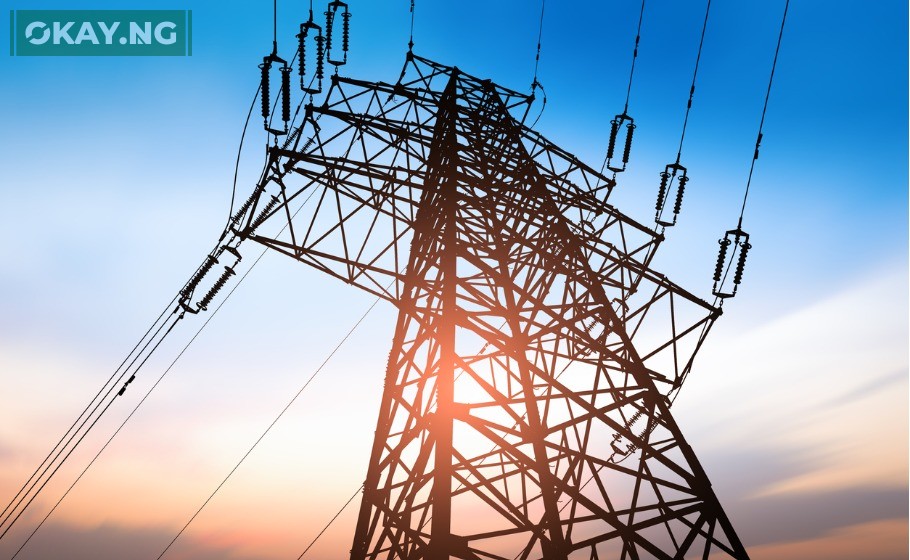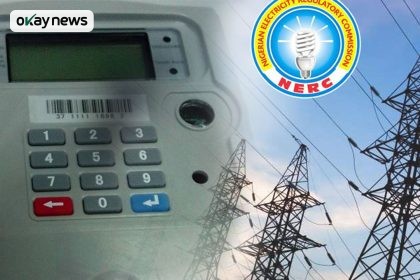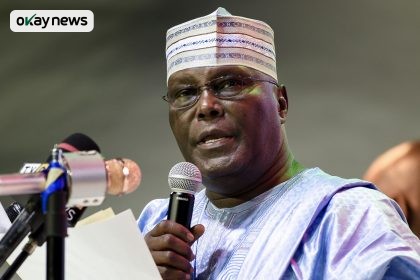The Federal Government of Nigeria will continue to pay electricity subsidy for an estimated 30 per cent of urban dwellers in 2025, amounting to a staggering N2.4 trillion. This substantial expenditure persists despite the chronic epileptic power supply that plagues the nation.
This year’s subsidy allocation mirrors the previous year’s figure, effectively propping up a power sector plagued by inefficiency. Generation remains dismal, while distribution companies grapple with significant losses.
Special Adviser to the President on Energy, Olu Verheijen, recently clarified that her previous statements on power sector reforms were misinterpreted. “This is a misrepresentation of what I said in a recent press interview,” she stated. “I highlighted that, following the increase in Band A tariffs in 2024, current tariffs now cover approximately 65 per cent of the actual cost of supplying electricity, with the Federal Government continuing to subsidise the difference.”
Read Also: Nigeria to Hike Electricity Tariffs: A Necessary Evil?
While acknowledging the need for reform, Verheijen emphasised the government’s commitment to improving electricity supply, reducing outages, and safeguarding vulnerable Nigerians. Key priorities outlined include the rollout of 7 million prepaid meters to eliminate estimated billing, restructuring subsidies to benefit low-income households, and settling debts owed to power generation companies.
A significant concern is that a substantial portion of the current subsidy benefits wealthier households. “The federal government spends over N200 billion per month on electricity subsidies,” Verheijen revealed, “but much of the support benefits the wealthiest 25 per cent of Nigerians rather than those who truly need assistance.”
To rectify this, the government is transitioning towards a more targeted subsidy system that prioritises low-income households. “This approach will make electricity more affordable and accessible for millions of hardworking families,” Verheijen assured.
Read Also: Nigeria Unveils $23.2 Billion Energy Compact to Electrify the Nation
A breakdown of the subsidy allocation across Distribution Companies (DisCos) reveals a significant disparity. For instance, the Abuja Electricity Distribution Company (AEDC) projects that its customers will receive N29.1 billion monthly, while the Eko Electricity Distribution Company (EKEDC) in Lagos will receive N22.42 billion.
This substantial expenditure on subsidies raises critical questions about the long-term sustainability of the current power sector model. While addressing immediate needs is crucial, a fundamental overhaul is necessary to ensure a reliable and affordable electricity supply for all Nigerians.







